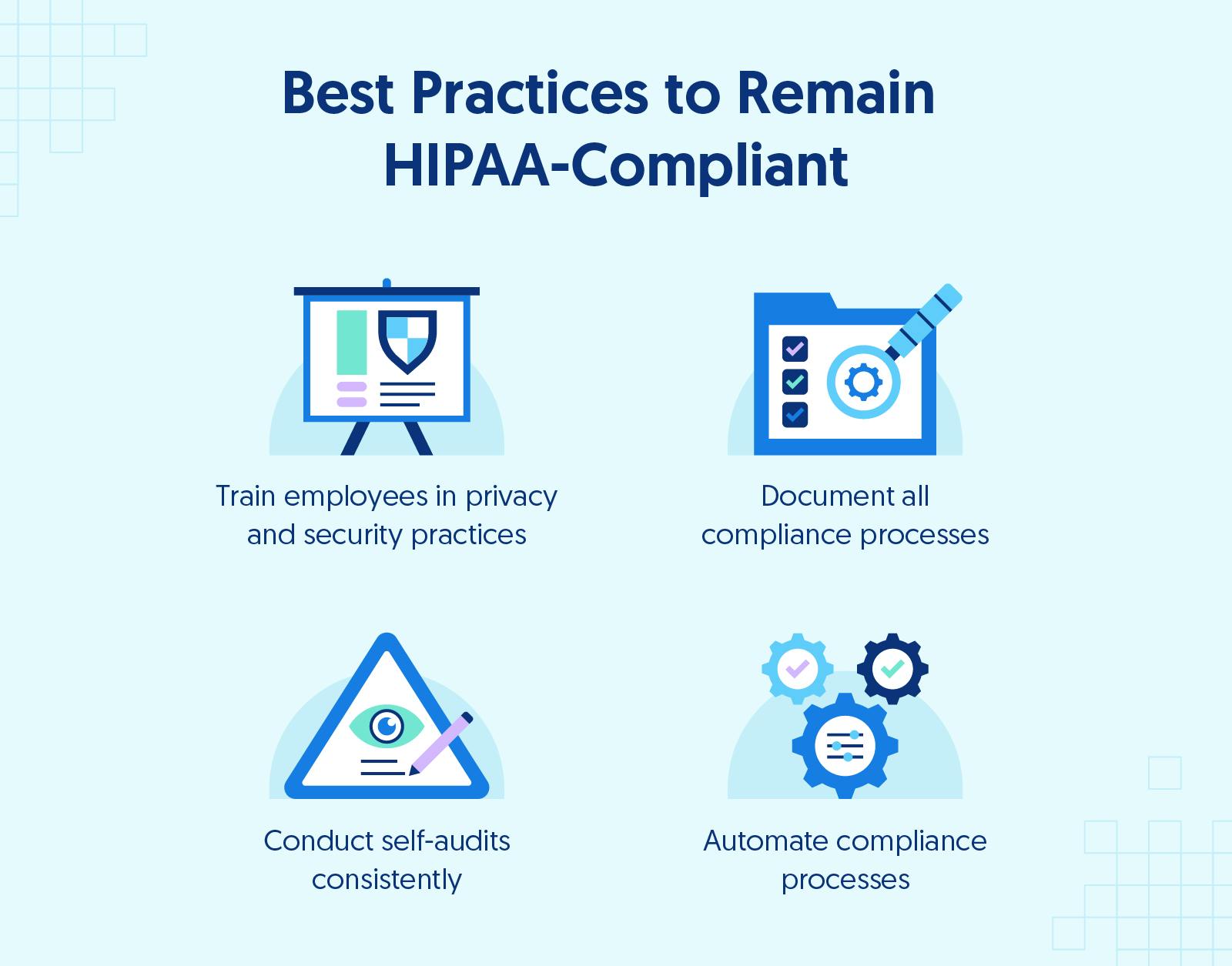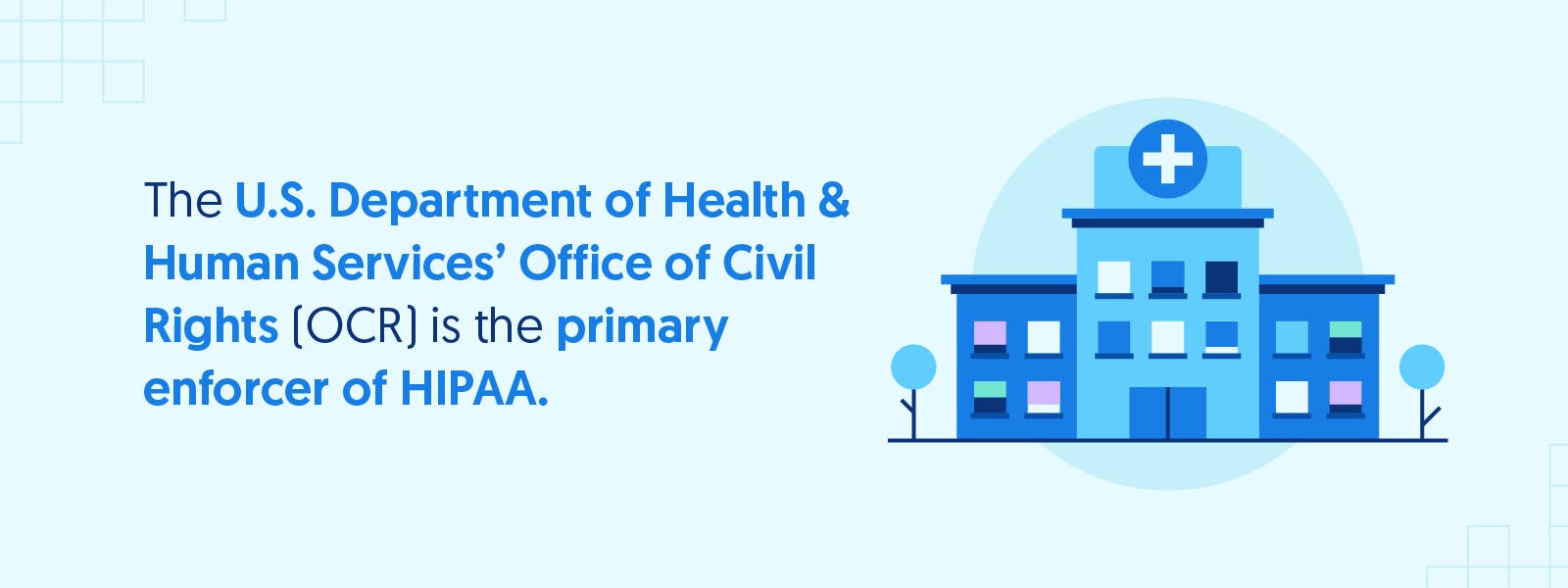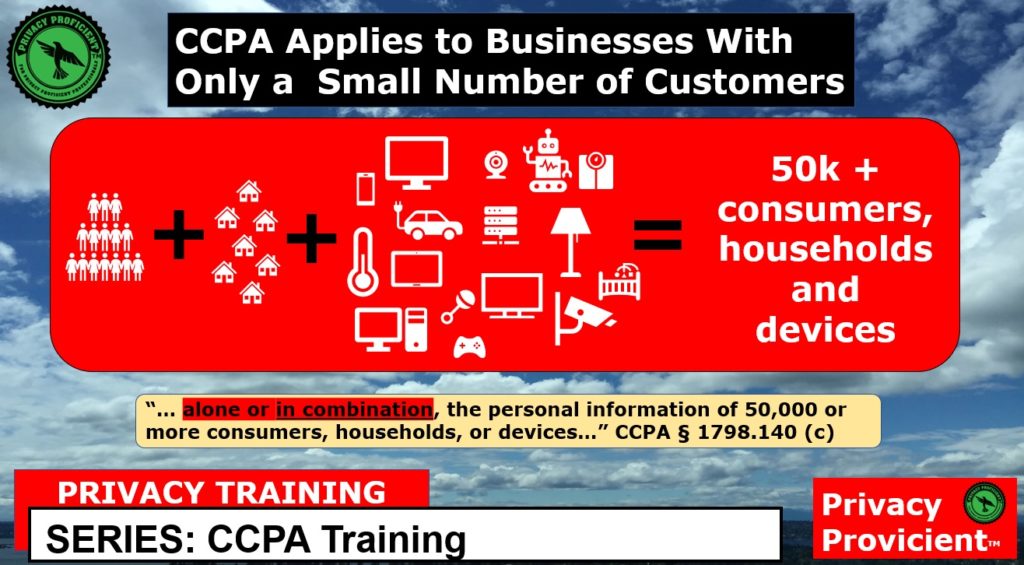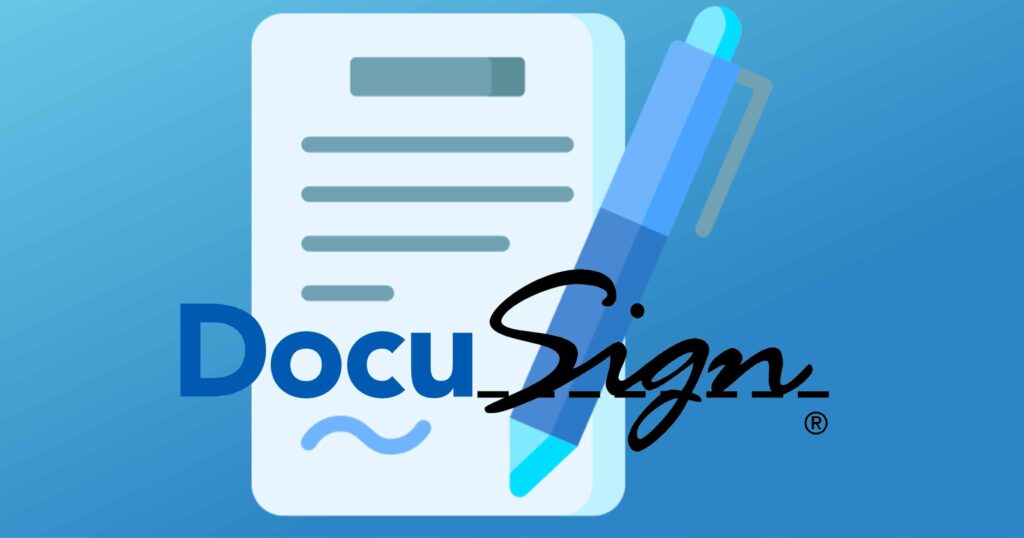The Health Insurance Portability and Accountability Act (HIPAA) of 1996 is a United States federal law that sets national standards for the protection of individuals’ medical records and other health information. HIPAA was enacted to protect the privacy and security of private health information, and to ensure that individuals have access to the same level of healthcare regardless of location. The enforcement of HIPAA is the responsibility of the United States Department of Health and Human Services (HHS).
HHS is tasked with ensuring that HIPAA is followed by covered entities, such as healthcare providers, health plans, and healthcare clearinghouses. HHS is also responsible for investigating complaints and enforcing penalties on organizations that are found to be in violation of HIPAA regulations. In addition, HHS works to educate the public and healthcare providers on the rules and regulations of HIPAA to ensure that individuals’ medical information remains secure and confidential.

What is HIPAA?
HIPAA, or the Health Insurance Portability and Accountability Act, is a federal law that was enacted in 1996 to improve the security and privacy of protected health information (PHI). It requires healthcare providers, insurance companies, and other entities that handle PHI to take certain steps to protect the information.
Who Enforces HIPAA?
The HIPAA Privacy Rule is enforced by the U.S. Department of Health and Human Services (HHS). The HHS Office for Civil Rights (OCR) is responsible for investigating complaints and imposing penalties for violations of HIPAA. The OCR also provides guidance and resources to help healthcare providers comply with the HIPAA Privacy Rule.
HIPAA and State Laws
HIPAA is a federal law, but many states have their own laws that supplement and expand upon HIPAA. In some cases, state laws may provide more stringent protections than HIPAA. For example, some states may require that healthcare providers and other entities obtain patient consent before using or disclosing PHI, even if the use or disclosure is allowed under HIPAA.
It is important for healthcare providers to be aware of both HIPAA and any applicable state laws. For example, some states have laws that require healthcare providers to provide additional notice to patients about their privacy rights, or that require specific security measures for PHI. Violation of state laws can result in penalties, even if the healthcare provider is in compliance with HIPAA.
HIPAA and Business Associates
HIPAA requires healthcare providers to enter into contracts with any business associates that have access to PHI. These contracts, known as business associate agreements, spell out the legal obligations of the business associate and the healthcare provider. They require the business associate to protect PHI and ensure that it is only used and disclosed as permitted by HIPAA.
The OCR enforces the business associate requirements of HIPAA. Healthcare providers may be subject to penalties if they do not enter into business associate agreements with their business associates or if they do not comply with the terms of their agreements. The OCR also has the authority to take action against business associates that fail to comply with HIPAA.
HIPAA and Employers
HIPAA does not apply directly to employers. Employers are not subject to the same privacy and security requirements as healthcare providers and other covered entities. However, employers must comply with HIPAA when it comes to handling the PHI of their employees.
For example, if an employer sponsors a group health plan, it must comply with the HIPAA Privacy Rule when it comes to the PHI of plan participants. This includes protecting the PHI from unauthorized use or disclosure and providing the required notices of privacy practices. Employers may also be subject to penalties if they fail to comply with the HIPAA Privacy Rule.
Frequently Asked Questions
HIPAA (Health Insurance Portability and Accountability Act) is a U.S. federal law that provides privacy and security protections for individuals’ health information. It sets rules and limits on who can access and use personal health information and how it must be kept private and secure.
Who enforces HIPAA?
The Department of Health and Human Services (HHS) Office for Civil Rights (OCR) is responsible for enforcing HIPAA. The OCR works to ensure that individuals’ health information is secure and private. They have the authority to investigate complaints, conduct audits, and impose penalties for violations of the HIPAA rules.
The OCR also provides guidance and resources on HIPAA compliance. They help healthcare organizations understand their obligations under the law and help individuals understand their rights. They also provide technical assistance to help organizations protect the privacy and security of health information.
What happens when a HIPAA violation occurs?
When a HIPAA violation occurs, the OCR will investigate the complaint and determine if the organization violated HIPAA. Depending on the severity of the violation, the OCR may impose civil money penalties, or even refer the case to the Department of Justice for criminal prosecution. The penalties for a HIPAA violation can range from $100 to $50,000 per violation, with a maximum of $1.5 million per year for violations of the same provision of the law.
The OCR also has the authority to require corrective action when a HIPAA violation occurs. This may include requiring the organization to adopt new policies and procedures to ensure compliance with HIPAA, as well as providing training for staff on HIPAA rules.
What is the purpose of HIPAA?
The purpose of HIPAA is to protect the privacy and security of individuals’ health information. The HIPAA Privacy Rule sets standards for how personal health information is used and disclosed. It also gives individuals the right to access and control their health information. The HIPAA Security Rule sets standards for protecting electronic health information, and the HIPAA Breach Notification Rule requires organizations to notify individuals when their health information is breached.
HIPAA also sets rules for how health information is shared between healthcare organizations. This helps to ensure that the information is used in a secure and responsible manner, and helps to ensure that individuals’ health information is protected.
What types of organizations must comply with HIPAA?
Organizations that must comply with HIPAA include healthcare providers, health plans, healthcare clearinghouses, and business associates of covered entities. Covered entities are organizations that use or disclose protected health information in the course of providing healthcare services or activities. Business associates are organizations that provide services to covered entities, such as data analysis or billing services.
Organizations that must comply with HIPAA must have policies and procedures in place to protect the privacy and security of health information. They must also provide training to staff on HIPAA rules and take steps to ensure compliance with the law.
How can an organization comply with HIPAA?
Organizations can comply with HIPAA by having policies and procedures in place to protect the privacy and security of health information. They should also provide training to staff on HIPAA rules and take steps to ensure compliance with the law. Organizations should also audit their compliance on a regular basis and take corrective action when necessary.
To help organizations comply with HIPAA, the OCR provides guidance and resources. They also offer a free toolkit to help organizations understand their responsibilities under the law and develop policies and procedures to protect the privacy and security of health information. They also provide technical assistance and support to help organizations ensure their compliance with HIPAA.

The Health Insurance Portability and Accountability Act (HIPAA) is an important law that was created to protect the privacy of health information. It is enforced by the Department of Health and Human Services (HHS), and they are responsible for ensuring that all organizations that handle health information are in compliance with the law. HHS also has the authority to investigate complaints and take legal action against organizations that are not in compliance with HIPAA.
HIPAA is an important law that protects the privacy of individuals’ health information. The Department of Health and Human Services is responsible for enforcing the law, and is the agency responsible for ensuring that all organizations handling health information are in compliance with HIPAA. Compliance with HIPAA is essential to ensure the privacy of individuals’ health information is protected.



